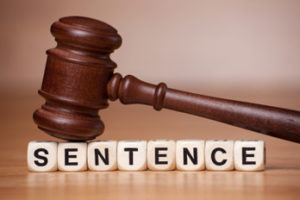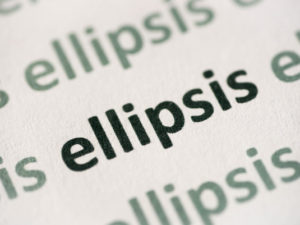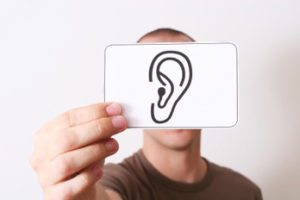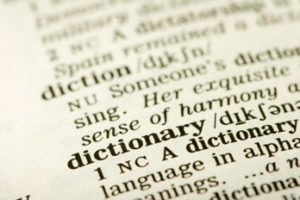
Homophones: Compliment vs. Complement
Homophones are words that sound alike but have different meanings. Sometimes, they’re also spelled differently: compliment vs. complement. Since homophones sound the same, they are often misspelled. Sometimes they’re misspelled because the writer doesn’t know there are two different spellings. In other cases, misspelled homophones are the result of typing too fast or failing to…Read More

Grammar Rules: Subject-Verb Agreement
The rule is simple: singular subjects take singular verbs and plural subjects take plural verbs. But sometimes it’s difficult to tell whether a subject is singular or plural. That’s why subject-verb agreement errors crop up in so many pieces of writing. Making matters worse is the fact that most people don’t know what subject-verb agreement…Read More

Punctuation Marks: The Exclamation Mark
It’s a relatively simple punctuation mark — a bold one without a lot of confusing rules — yet it’s still grossly overused. It gives our sentences pizzazz. It emphasizes dialogue when one character shouts or snaps at another. And it gives copy editors headaches. The exclamation mark sure packs a punch. The Exclamation Mark! This…Read More

Homophones: Its and It’s
Homophones confuse some people and annoy others. I often see people online complaining about other people who can’t differentiate between the spellings of homophones like your and you’re; they’re, their, and there, and of course, its and it’s. While I find these mistakes mildly annoying, I don’t know if I’d go so far as to…Read More

Grammar Rules: Ending a Sentence with a Preposition
A longstanding grammar myth says we’re not supposed to end a sentence with a preposition. For years, this myth has persisted, tying writers up in knots and making their heads spin around sentences that simply must end with a preposition. For example: Which store are you going to? Folks who were taught (and are now…Read More

Punctuation Marks: Ellipsis
You see it everywhere, but most people don’t know what it’s called or how to use it properly. In fact, it’s often referred to as “dot, dot, dot” even though it does have a name. This punctuation mark is the ellipsis. It is a series or row of three periods, which is usually used to indicate…Read More

Homophones: Hear, Here
When I see professional signs or business documents with words spelled incorrectly, it’s like someone’s dragging nails down a chalkboard, which is not a sound I want to hear. But I try not to get too riled up. I know that spelling isn’t easy for everyone. However, I do believe that with a little effort,…Read More

Grammar Rules: Further vs. Farther
Believe it or not, the words further and farther have different meanings, although people tend to use them interchangeably. And it’s no surprise, because these two words look and sound similar, and the difference in meaning is subtle. Plus there are a few circumstances when they are legitimately interchangeable. Let’s solve the further vs. farther…Read More

Punctuation Marks: The Colon
The colon is one of the most clearly-defined punctuation marks. It occasionally acts as a stand-in for a comma or period (though when one of these other punctuation marks will do, the colon is unnecessary). Most commonly, the colon functions as an introductory punctuation mark, notifying the reader that the forthcoming information supports, explains, or…Read More

Homophones: Affect vs. Effect
Homophones can be confusing. Luckily, there’s an easy way to remember affect vs. effect. I see it all the time: affect and effect mixed up as if they were completely interchangeable. But they’re not. These two homophones may sound exactly alike, but they don’t even belong to the same parts of speech! If you’ve ever…Read More



